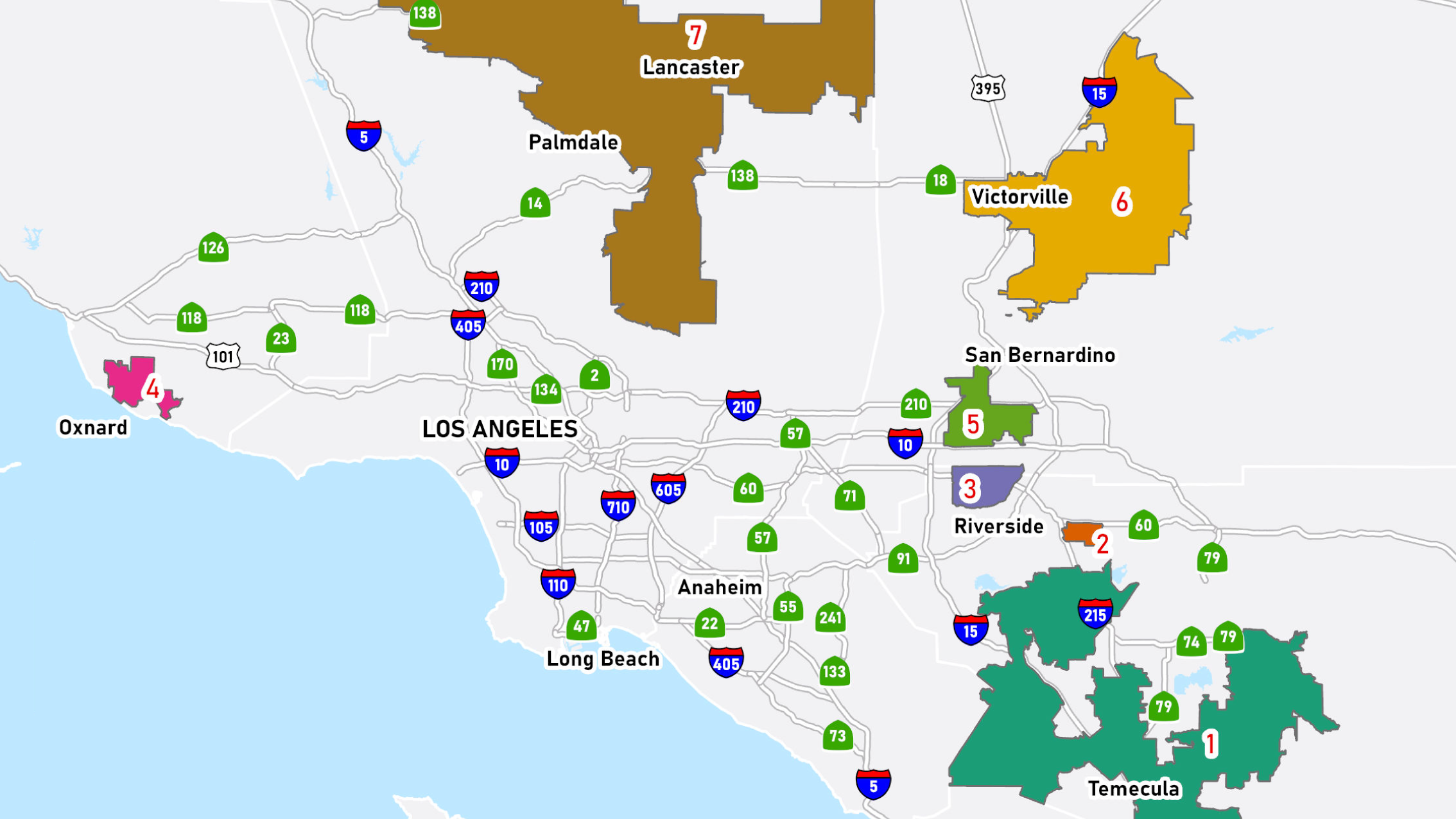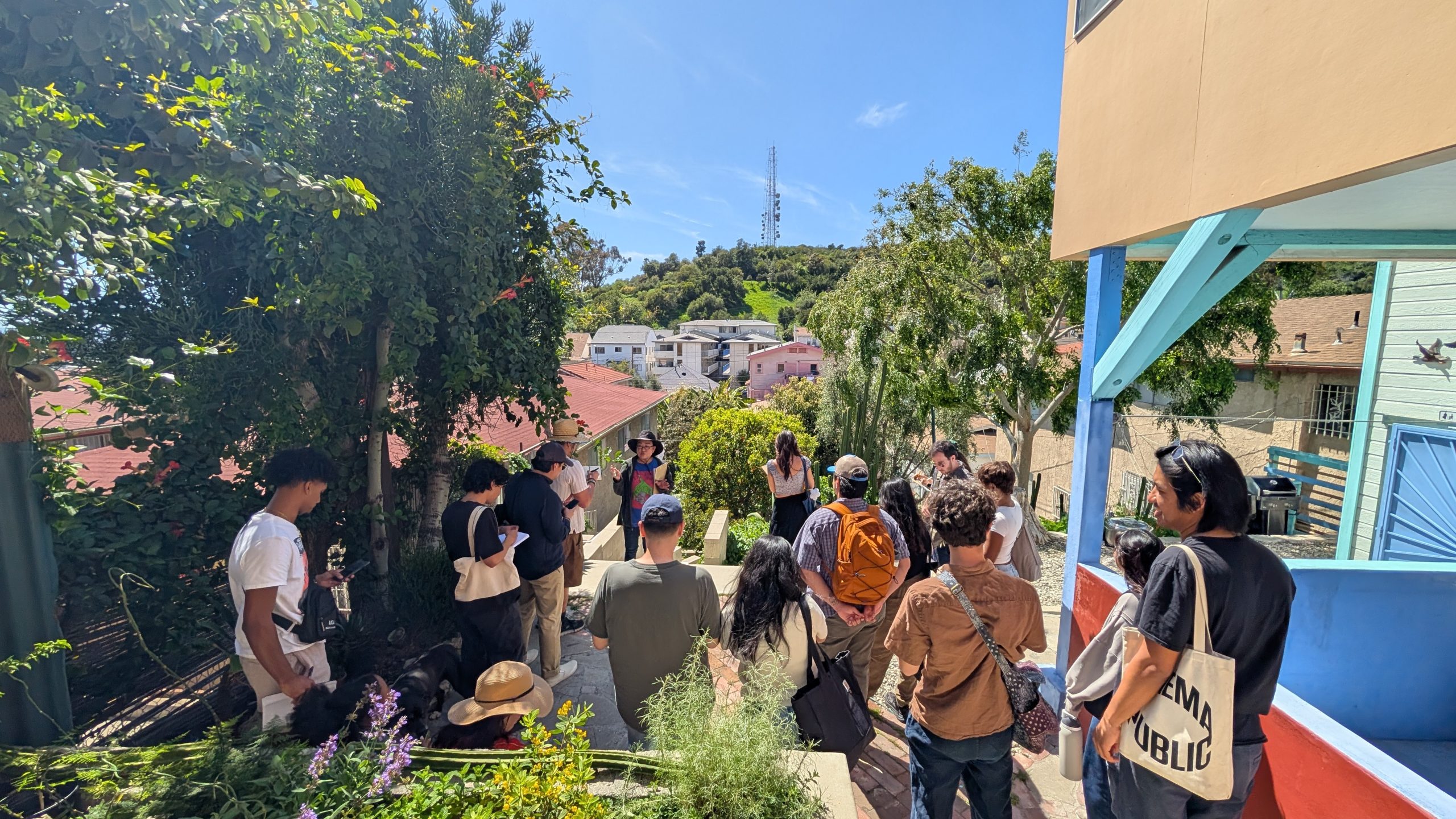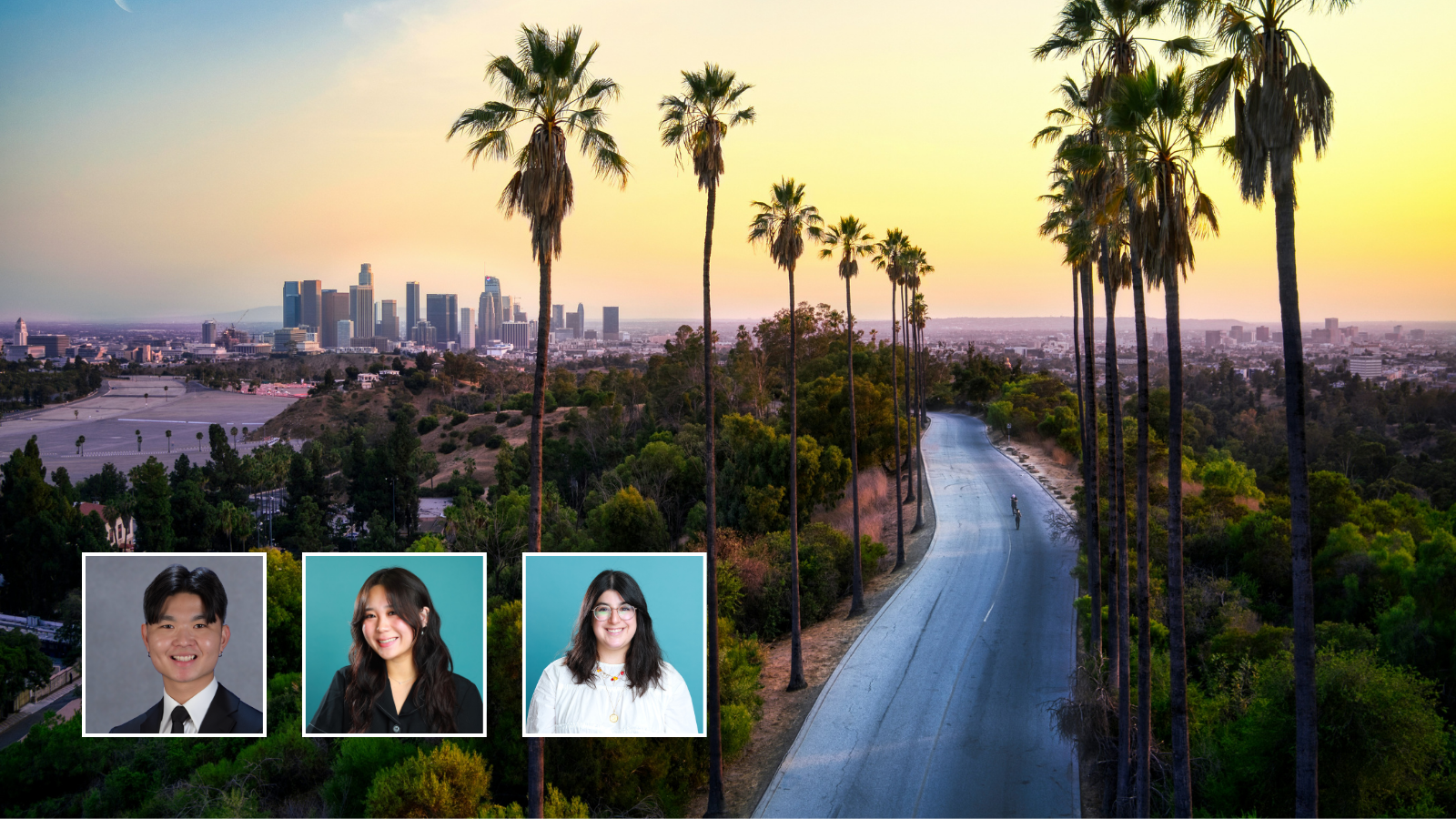
Student fellows research innovative strategies for planning inclusive community spaces
By JOEY WALDINGER
Across Los Angeles and beyond, communities are reimagining how public spaces can better serve them — whether through more inclusive parks, transforming freeways into civic assets or preparing neighborhoods for the impacts of upcoming mega events. This year, the Lewis Center supported six talented student fellows researching some of California’s most pressing planning and policy issues. Below are the projects that focused on fostering better community spaces.
Inclusive Park Spaces for All
Older adults are one of the fastest-growing populations in the United States, but park planners have historically paid little attention to their needs and preferences. Anthea Rosenbaum’s capstone seeks to change that. Over the course of 13 site visits to MacArthur Park, the beloved “backyard” of the Westlake neighborhood, Anthea and her team of researchers audited park amenities, analyzed habits and behaviors among different demographics, and interviewed park users in English and Spanish.
Her findings revealed gender disparities in park uses, and she recommended improvements in park programming, infrastructure, and mobility challenges and other barriers to access. With major improvement projects advancing in MacArthur Park, “these recommendations can serve as a starting point for enhancing the park’s role in serving the many needs of the Westlake community,” Anthea said.
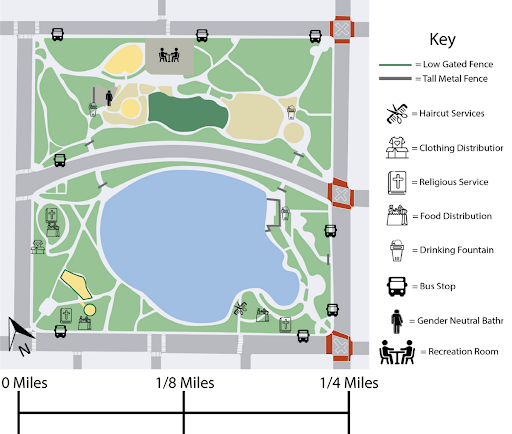
Reconnecting Communities
Throughout U.S. history, freeway expansion projects have promoted economic benefits, but these touted benefits have often come at the expense of low-income communities of color displaced by construction. Casey Chung’s capstone project focuses on three projects aiming to redress such harms, and uses a mixed-methods approach to evaluate how well they achieve restorative justice principles. Her case studies include plans to convert Pasadena’s relinquished state Route 710 “Northern Stub” into parks or civic spaces and to connect San Diego’s Barrio Logan and Logan Heights neighborhoods with bike paths and other mobility offerings. By integrating spatial analysis with a literature review and a qualitative review of grant criteria, Casey created a comparative matrix to assess how well the projects aligned with restorative justice goals. While these projects are a promising step in the right direction, they “risk reinforcing inequities if restorative outcomes are not built into project delivery through enforceable protections, land use commitments, and inclusive governance structures.”
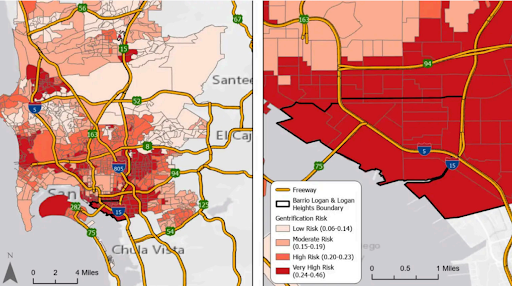
Community-Driven Reinvestment
With Los Angeles scheduled to host multiple mega-events within the next three years, community leaders in Thai Town see an opportunity to improve their neighborhood’s amenities. For his capstone project, Lewis Center fellow Steven Tran spearheaded research for a Community Plan Implementation Overlay (CPIO) in Thai Town, a crucial planning document for focusing future development around community needs.
Through informal interviews, mapping exercises, community outreach strategies, and quantitative analysis of census data, Steven provided foundational research for Thai Town’s CPIO. His research underscored the community’s desire to prioritize small businesses over big-box stores and improve pedestrian safety in areas with insufficient nighttime lighting, among other steps to reduce blight and increase foot traffic ahead of the 2026 FIFA World Cup and LA28 Summer Olympics and Paralympics.
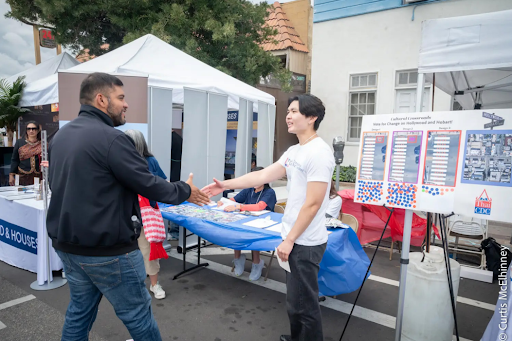
For a full list of projects undertaken by this year’s fellows, visit lewis.ucla.edu/programs/studentresearch/.

